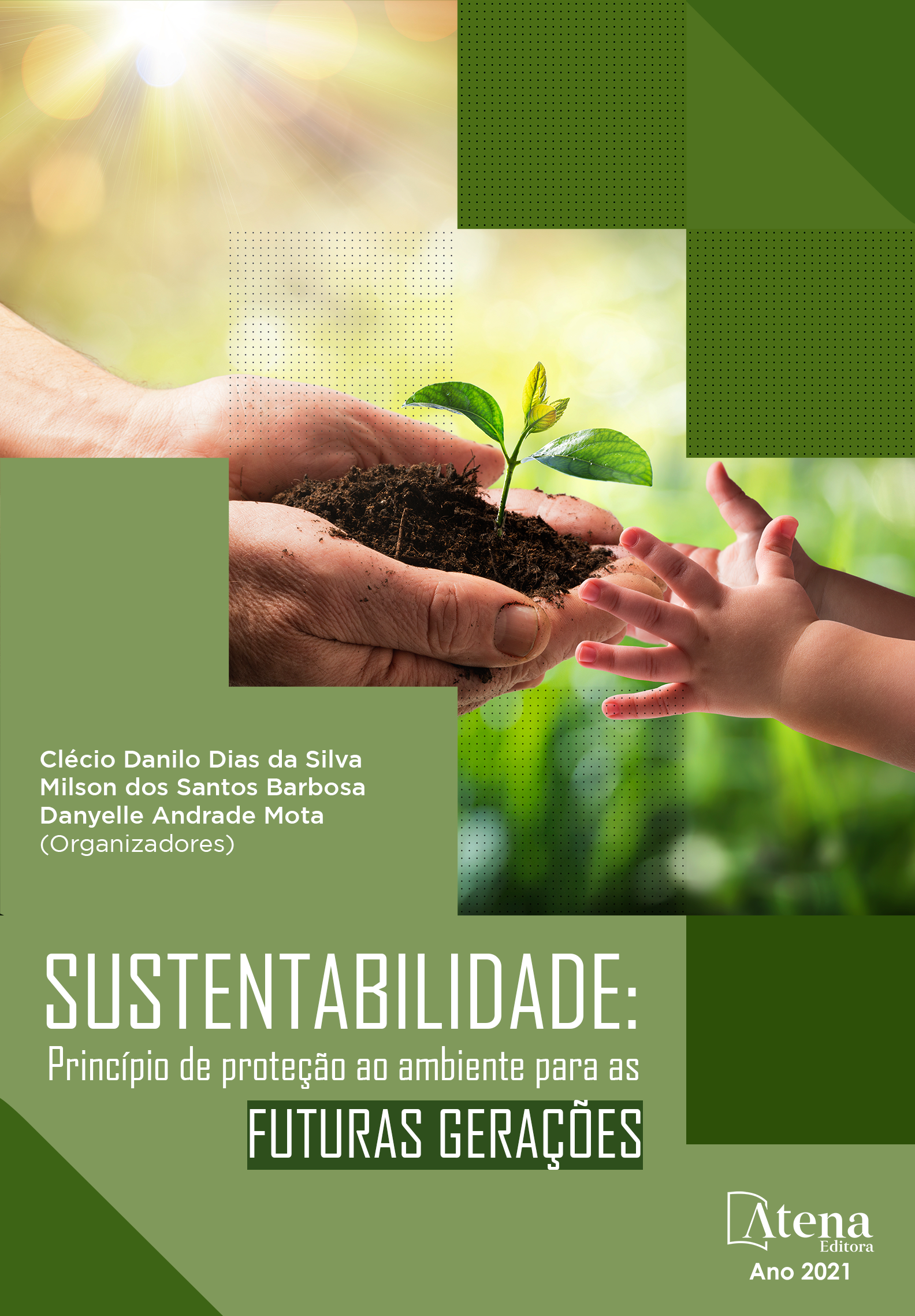
GERENCIAMENTO DE RESÍDUOS SÓLIDOS ORGÂNICOS EM RESTAURANTE NO MUNICÍPIO DE CAPANEMA-PA
A geração acelerada de resíduos sólidos urbanos e seus impactos, são um dos grandes desafios enfrentados pela humanidade. Por meio disso, busca-se, analisar o gerenciamento de resíduos sólidos orgânicos realizado por um restaurante localizado centro comercial do município de Capanema, Pará. O restaurante, onde foi desenvolvido o estudo possui área total de 200m2 (duzentos metros quadrados), serve em média 50 refeições. Em busca de atender ao objetivo da pesquisa, a metodologia empregada foram: (1) visitas ao estabelecimento entre os dias 14 e 21 de novembro de 2019, para entender as circunstâncias dos processos de geração, descartes, acondicionamento, coleta e destinação final dos resíduos gerados pela atividade de preparo e comercialização das refeições, além de (2) entrevista semiestruturada com funcionários e com a responsável pelo empreendimento. A partir das análises realizadas, identificou-se falhas no processo de gerenciamento dos resíduos sólidos do restaurante, principalmente em relação ao acondicionamento e descarte. Parte dos resíduos orgânicos, que compõem a maior parte do lixo gerado pelo empreendimento são aproveitados na alimentação animal; os materiais recicláveis são comercializados e os demais resíduos são descartados como rejeito, coletado pelo serviço municipal de limpeza urbana para ser disposto no lixão à céu aberto, se configurando como uma disposição inadequada, conforme a Política Nacional de Resíduos Sólidos – PNRS.
GERENCIAMENTO DE RESÍDUOS SÓLIDOS ORGÂNICOS EM RESTAURANTE NO MUNICÍPIO DE CAPANEMA-PA
-
DOI: 10.22533/at.ed.4372123113
-
Palavras-chave: Resíduos sólidos orgânicos, gerenciamento de resíduos em restaurantes.
-
Keywords: Organic solid waste, waste management in restaurants.
-
Abstract:
The accelerated generation of urban solid waste and its actions are one of the great challenges faced by humanity. Through this, it seeks to analyze the management of solid waste carried out by a restaurant located in the commercial center of the city of Capanema, Pará. The restaurant, where the study was developed, has a total area of 200m² (two hundred square meters), serves an average of 50 meals. In order to meet the research objective, the methodology used was: (1) visits to the establishment between November 14 and 21, 2019, to understand as a case of the processes of generation, disposal, conditioning, collection and final destination of waste generated by the activity of preparing and selling meals, in addition to (2) semi-structured interviews with employees and the person responsible for the enterprise. From the analyzes carried out, failures in the restaurant's solid waste management process were identified, mainly in relation to packaging and disposal. Part of the waste generated, which makes up most of the waste generated by the enterprise, is used in animal feed; recyclable materials are sold and other waste is discarded as waste, collected by the municipal urban cleaning service to be happy in the open-air dump, configuring an inadequate disposal, in accordance with the Política Nacional de Resíduos Sólidos - PNRS.
-
Número de páginas: 15
- Wilton Barreto Morais
- Fernanda Gisele Santos de Quadros
- Ana Lorraynny Ramos Lima
- Cézar Di Paula Da Silva Pinheiro
- Fernanda Campos de Araújo
- Luana Costa da Silva
- Débora Prissila Reis Sandim
- Amanda Gama Rosa
- DOUGLAS SILVA DOS SANTOS


